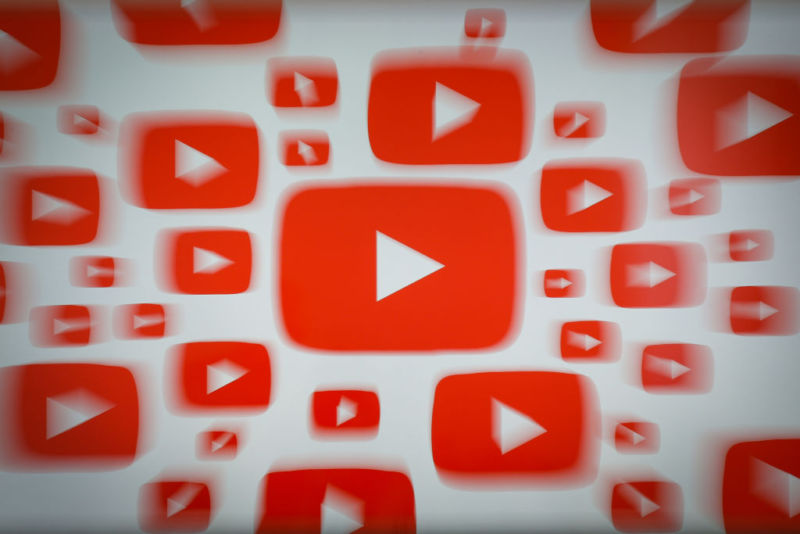
A new group of companies suspended some of their YouTube advertising after finding out that ads were appearing over conspiracy theory videos peddled by radio show host Alex Jones on various InfoWars-related YouTube channels. According to a CNN report, companies including Nike, Expedia, Paramount Network, Wix, ClassPass, the Mormon Church, and the NRA have suspended ads on InfoWars channels after being made aware by CNN that their ads were running over conspiracy theory videos. Many of the companies involved claim that they had no idea their ads were running over InfoWars content, and many say they used YouTube's advertiser tools in the hope of keeping their ads off such content.
YouTube launched its relatively new advertiser tools nearly a year ago after the first big ad-pocalypse took the online video website by storm. In a situation much like this, companies began pulling advertisements from YouTube after finding out they were appearing over extremist videos. YouTube's tools are designed to give advertisers more control over the types of content over which they want their ads to run, filtering out potentially inappropriate content and content that doesn't align with a company's values.
CNN's report claims that Nike and other companies opted in to a "sensitive subject exclusion" filter, which presumably disallows ads over content that falls into these categories: "Tragedy and Conflict;" "Sensitive Social Issues;" "Sexually Suggestive Content;" "Sensational & Shocking;" and "Profanity & Rough Language."
Some companies also claimed they have put InfoWars channels on their "blacklists," or lists of channels that companies do not want to advertise on at all. However, some claim they were "unaware" that InfoWars has multiple channels. The Alex Jones Channel, a verified YouTube channel, is the largest of the InfoWars channels, with over 2.2 million subscribers. However, 12 other YouTube channels, including InfoWars Live, InfoWars Censored, and The Free Speech Channel, are associated with The Alex Jones Channel, appearing in the "Channels" section of its YouTube page.
This controversy comes after The Alex Jones Channel reportedly received a content strike from YouTube after promoting conspiracy theory videos claiming that David Hogg, a survivor of the recent school shooting in Parkland, Florida, was a coached "crisis actor."
While YouTube did not explain how ads appeared over conspiracy theorist content despite advertiser filters, it did emphasize the company's commitment to being a platform of free speech. "We uphold free expression according to our Community Guidelines, even when there are views we don't agree with," a YouTube spokesperson told CNN. "When videos are flagged to us that violate our guidelines, we immediately remove them. We do not allow ads to run on videos that deal with sensitive and tragic events."
Ars has reached out to YouTube for further comment.
This situation highlights how difficult it is, and likely will continue to be, for YouTube to moderate content on its site. Even with systems in place for advertisers to cherry-pick what they consider to be appropriate content, ads can still fall through the cracks. It's particularly difficult for YouTube to police content that toes the lines of its Community Guidelines and new advertiser filters.
Perusing the details of YouTube's Community Guidelines shows how difficult it is for the company to wrangle the conspiracy theory videos that run rampant on its website. Some guidelines, such as those surrounding terrorist content, hate speech, and nudity or sexual content are fairly clear, but there are no guidelines that would explicitly stop a conspiracy theory channel like The Alex Jones Channel from posting falsehoods. Google and YouTube recently hired 10,000 human moderators to help sort through the site's content along with its existing AI software, but it would likely need many more human moderators to properly review all similar conspiracy theory videos on the site (if that's even possible).
YouTube is aware of its conspiracy theory problem; the company recently started labeling state-funded content in order to alert viewers of videos that may be pushing propaganda. But how should it respond to similar content that doesn't have a state backer? YouTube hasn't figured that out yet.
reader comments
438